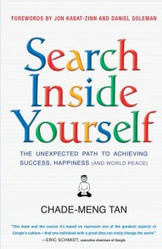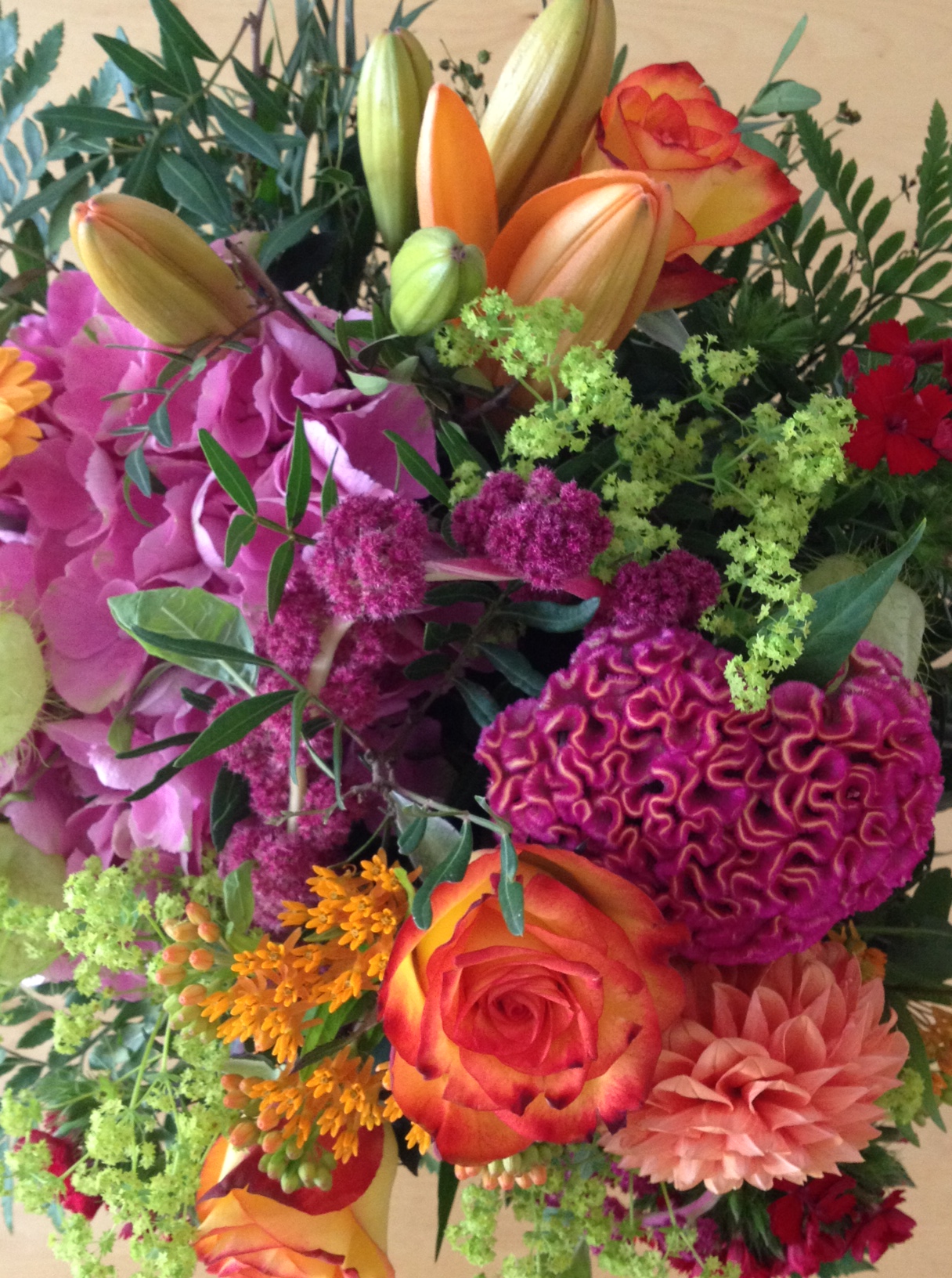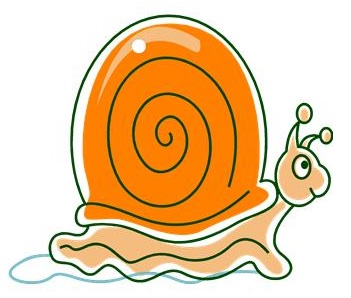Today, while sitting on the train and reading: “The Mindful Leader” from Michael Carroll, some of his words really got to me. On page 50, he writes:
“Yet, somehow, for too many of us, our instinctive yearning for creative challenge gradually transformed to the point where we ended up preferring security rather than fresh uncertainty, assurances rather than adventure, a reliable and stable job rather than an inspiring mission”.
M. Carroll then goes on a little bit further asking:
“Can we trust that we are resourceful enough to explore life’s uncertainties with confidence, clarity and adventure? Can we reclaim our natural sense of enthusiasm and abandon the prison of our fears and our need for a stable, secure job? Can we permit ourselves to be fully human?”
I am currently completely overwhelmed by fresh uncertainty and working on an inspiring mission… it is not easy to let go; certainly not the stability and security. I don’t know what lies ahead of me and I need to deal with that ambiguity. But I am confident, and positive as well as optimistic. I abandoned my prison of fear and am re-learning to trust my inner gut-feeling. Although it is still early in the process, I can say that It feels good to rediscover who I am and what I stand for!
Let me finish with these words from Carroll on page 52:
“In the tradition of the mindful leader, rather than leading with will, power and ambition, we lead and inspire one another with openness, intelligence, and vulnerability”.
Jenny










